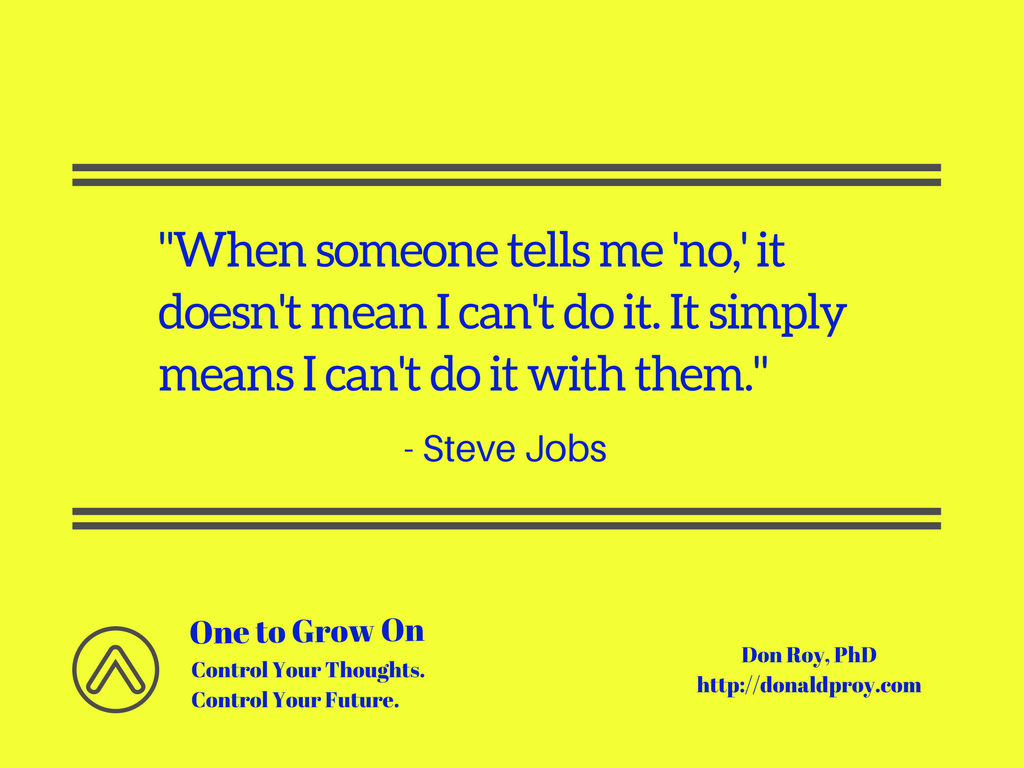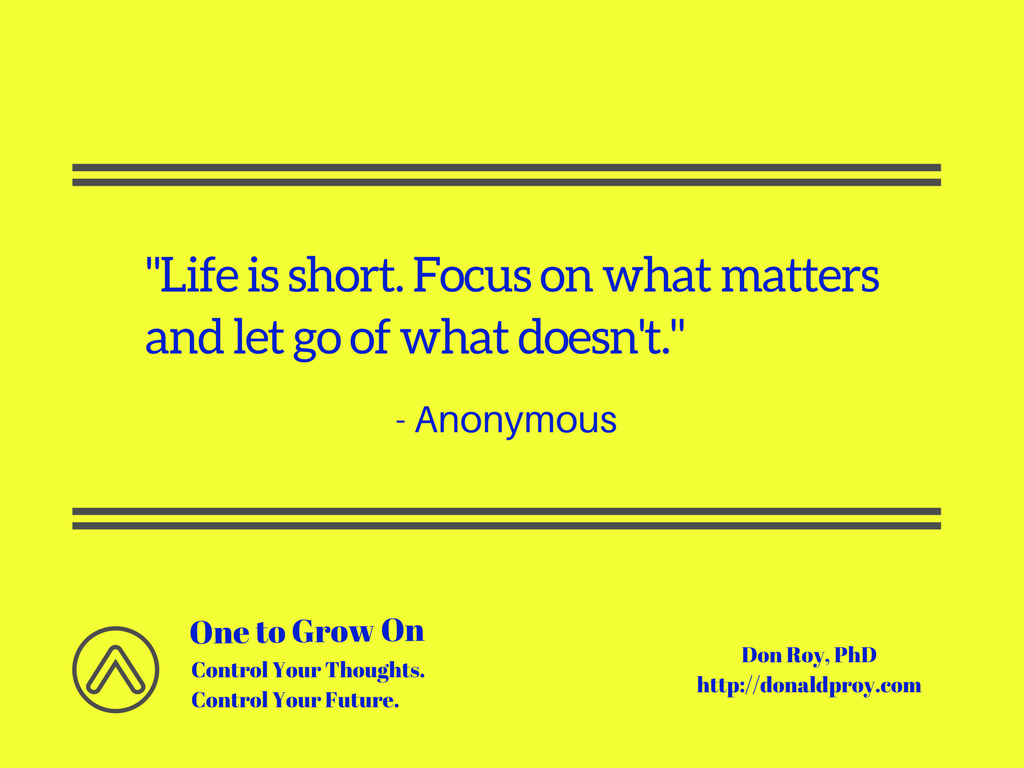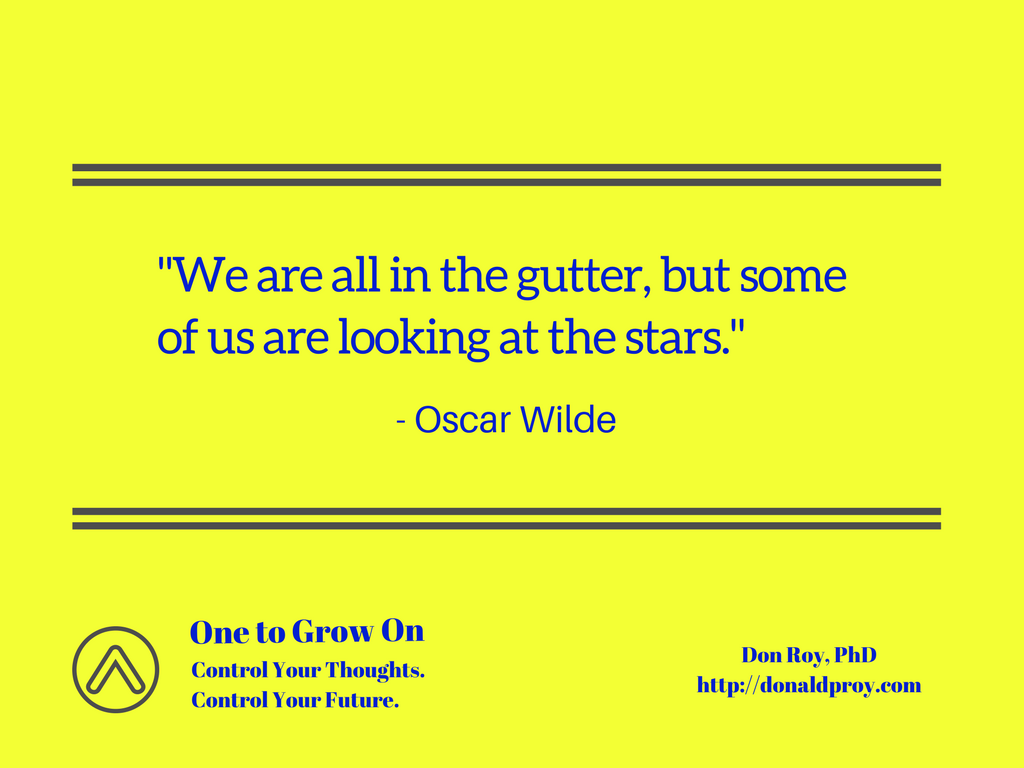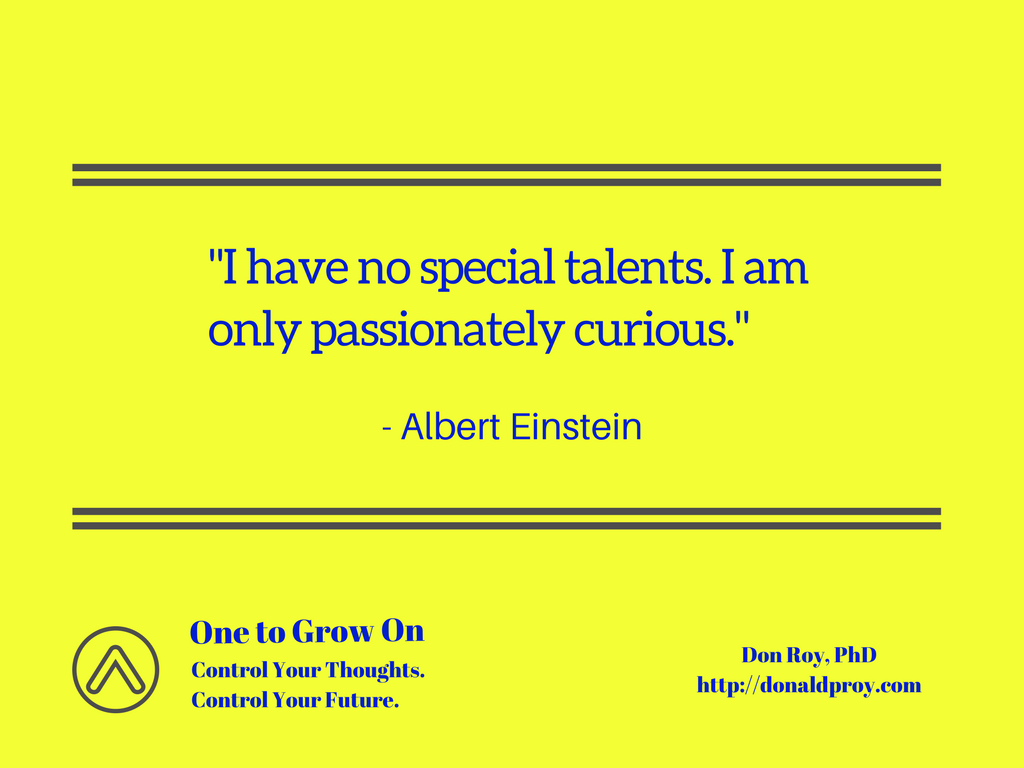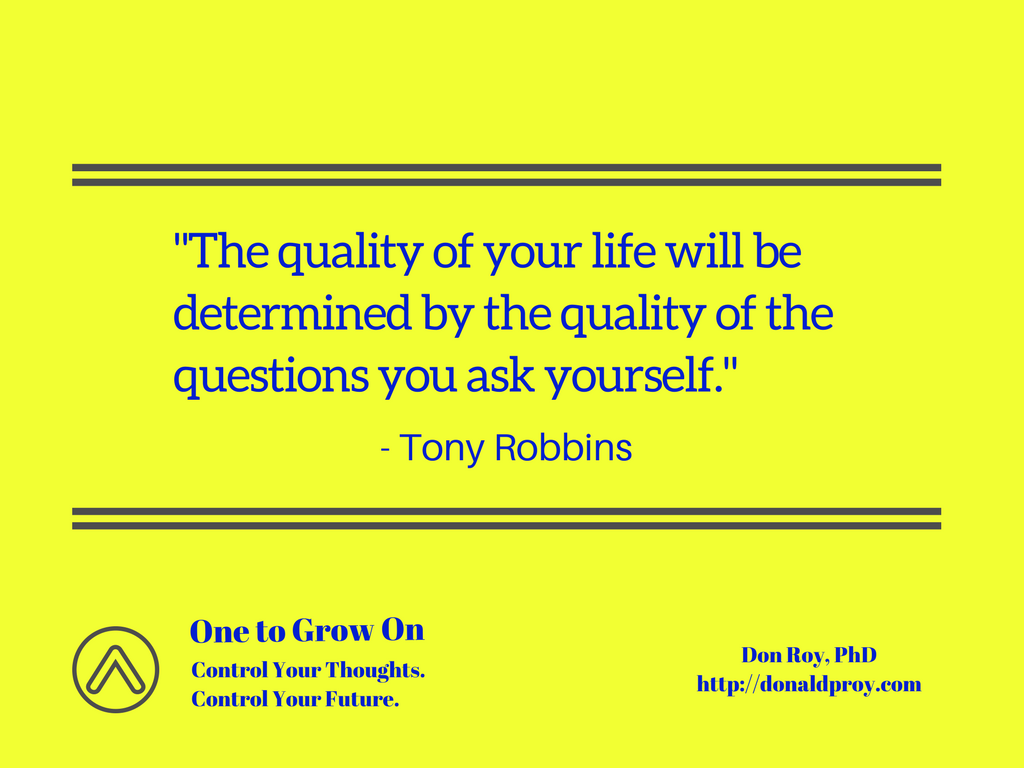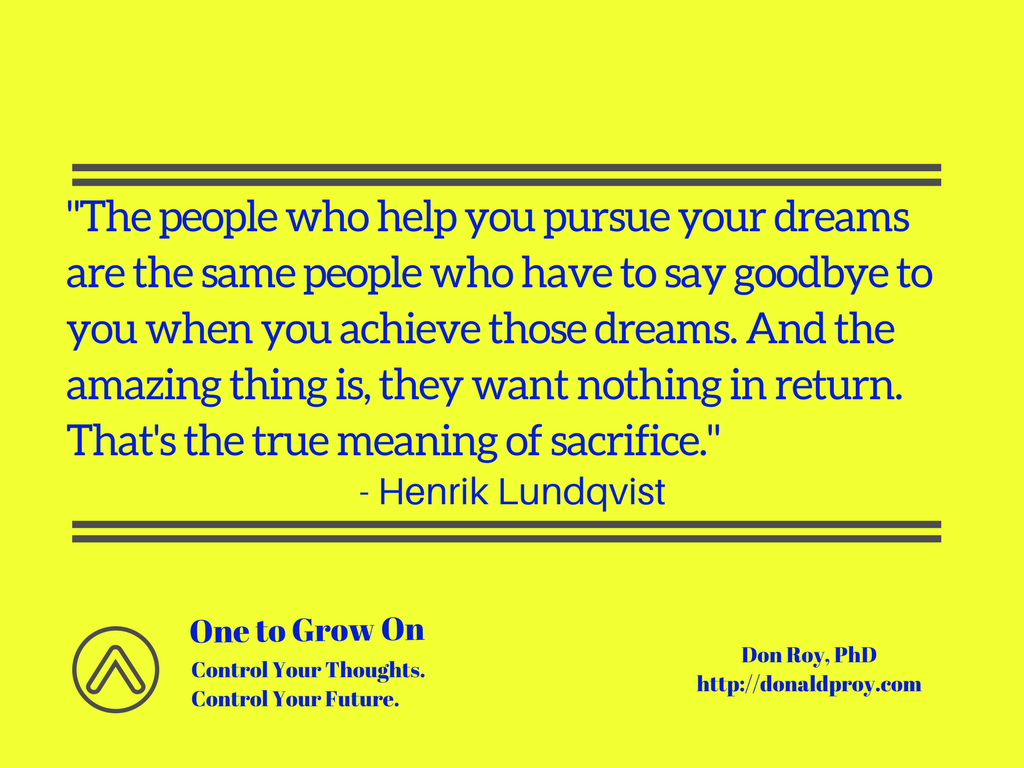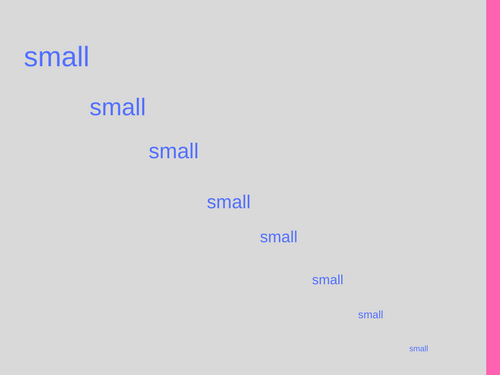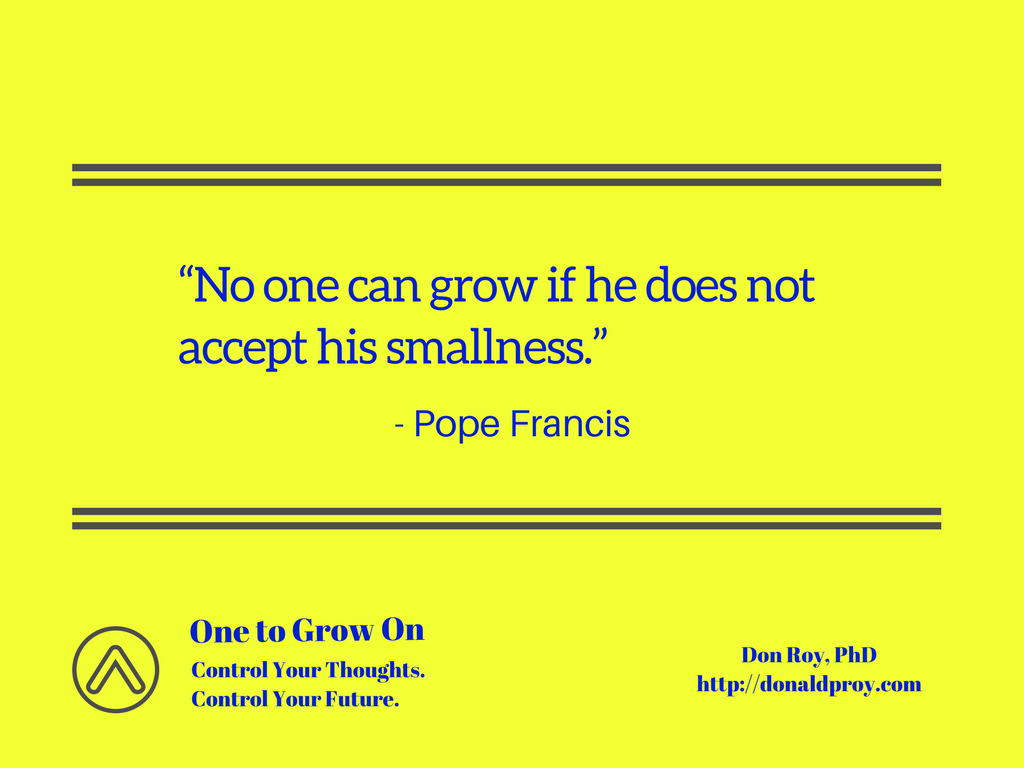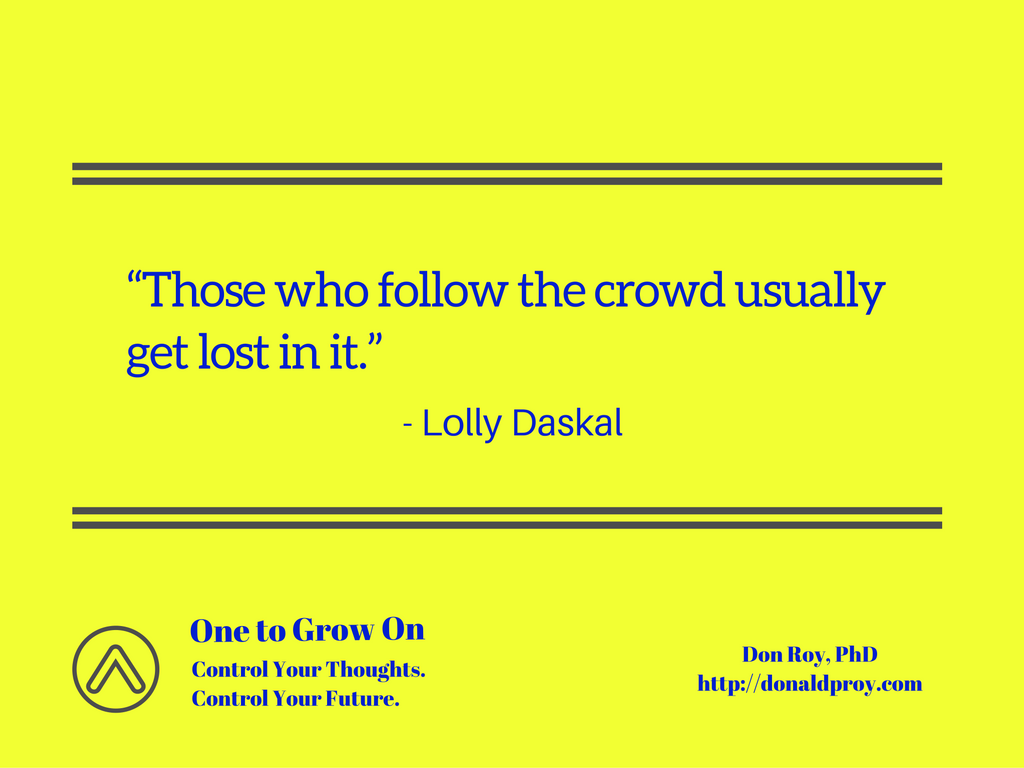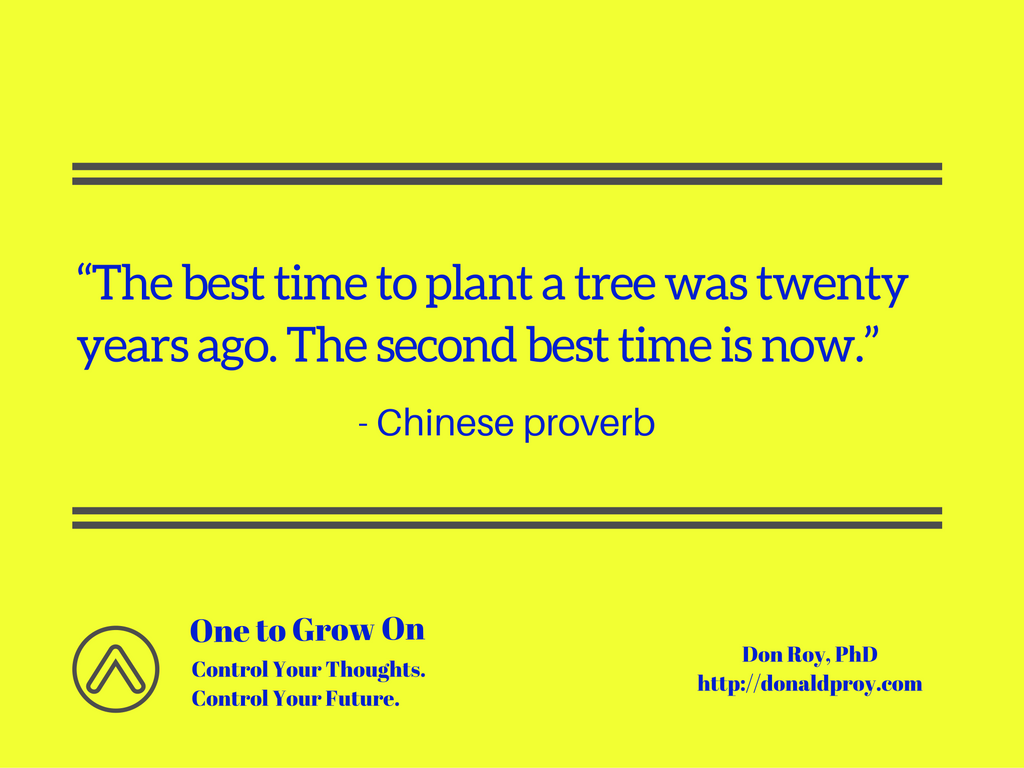The old saying that there are only two things certain in life—death and taxes—should be modified. A third certainty we can expect is rejection. Our world can be turned upside down by a single word: “no.” Thankfully, rejection usually does not inflict emotional pain like death or financial pain like taxes. But, rejection can damage our ego and dent our spirit. Sometimes, rejection stings for only a few minutes, then we move on. Other times, disappointment and anger affect us for years.
Rejection may be a fact of life, but how we deal with rejection can make the difference between bouncing back or getting stuck. This week’s One to Grow On quote from Steve Jobs serves to explain why rejection occurred. Rejection can do less harm to our outlook if we frame a “no” response in a way that maintains proper perspective. Think of Jobs’ statement as a variation of the infamous breakup line “it’s not you, it’s me.” It is less a matter of your shortcomings and more about issues residing with the other person.
Why We Hear “No”
It is a fair reaction to question yourself when rejection happens. Did you say something wrong? Did you offend the other person? What could you have done differently to change the outcome? We can ask these questions and more after the fact. They are part instructional, part therapeutic. You may have a gnawing feeling inside that you could have done something to reach a different outcome. These thoughts are normal, but they will not yield an answer on how the situation could have had a more desirable ending.
When your idea or business proposition is rejected, the root problem is usually traceable to the other person. Some possible reasons for rejection attributable to the other person include:
- “I don’t care.” The other person is often satisfied with status quo. Your idea would be new in their lives, something with which they can live without having or doing.
- “I am afraid.” You can be rejected because you rattle cages. The other person is uncomfortable because they know you are right. They need what you are offering, but they are worried about the change they would have to adapt to by accepting your idea.
- “I am weak.” I doubt anyone would ever cite this reason for rejecting you or your offer, but it could be an underlying problem. They cannot imagine themselves deserving and enjoying the benefits your idea delivers. It is for someone else but surely not them. Their problems run much deeper than anything you said or did.
- I don’t like you.” I admit it; I was wrong. One reason you hear “no” is personal; the other person does not like you. You are too young (or old), too attractive (or unattractive), too friendly (or aloof), too something for their tastes. Just as a brand like Starbucks does not appeal to all consumers, your personal brand will not resonate with everyone you meet. That fact alone makes rejection normal.
Your Answer to “No”
So how do you respond to rejection? Our comeback to “no” can validate the other person’s beliefs or strengthen our resolve to stay the course. Let’s embrace the latter, shall we? If “no” doesn’t mean I can’t do it, what must I do to take the focus off the rejection? Here are three possible responses.
- Prove them wrong. Rejection can be a powerful motivator to show someone they were wrong about you or your idea. At the beginning of my academic career, I was passed over for a position at my alma mater. The rejection crushed me at the time, but it also pushed me to become a more productive researcher. I no longer felt the need to prove them wrong once I realized I could “do my thing” in other places and with other people.
- Reframe the message. Rejection is not due to an inadequacy about you. The rejection is a perceived lack of need based on information available to the other person. Address this problem by ensuring your message focuses on what is in it for them. People buy ideas because they will make their life better in some way. Some people will still reject an idea positioned as good for them. Others you are losing now could be reached with a clearer answer to the question “what’s in it for me?”
- Empathize, not sympathize. When people oppose or reject you, do not automatically dismiss them. Understand where they are coming from (empathize), but do not accept their beliefs as your own (sympathize). Who knows—an empathetic response could win them over. At the very least, you maintain beliefs in your idea and can agree to disagree about its utility to them.
A Matter of When
You will be rejected (perhaps even a lot). Rather than playing it safe and avoiding situations in which rejection is possible, understand that a “no” is not about you. More importantly, it is not a verdict against your idea. Rather, it can be a signal to look for opportunity elsewhere.


